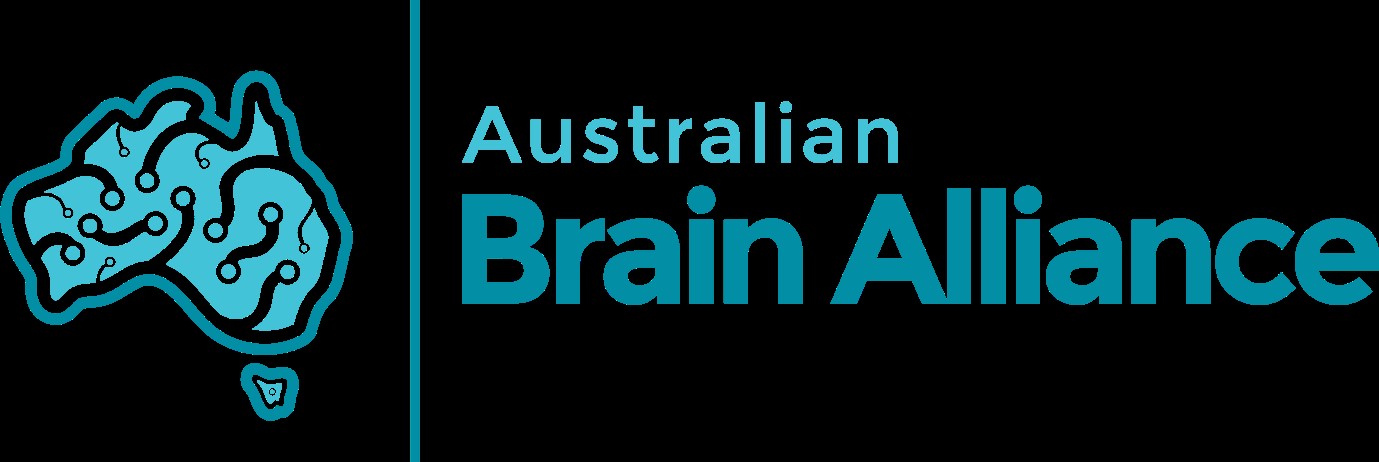Understanding the human brain is one of the greatest challenges of our time. A global revolution in fundamental and
integrative brain sciences, ICT, machine learning, bioengineering and neurotechnologies are catalysing a global revolution in our ability to understand, intervene and interface with the brain in ways that hold the promise of unprecedented advances in the treatment of neurological and mental health disorders, approaches to education and neurotech-based industries.
Many countries recognise that cracking the brain’s code will bring an influx of new and advanced technologies that will
transform the way we live. Now is the time for Australia to join the revolution.
The Australian Brain Initiative will
• globally lead advances in the understanding of brain function • create advanced industries
• identify the causes and develop treatments for debilitating brain disorders • produce high-impact transdisciplinary collaborations that will increase our understanding of the brain to produce social, health and economic outcomes for all Australians.
Despite the brain’s staggering
complexity, Australia has a long and distinguished record of achievements in the behavioural and neurosciences alongside our capabilities in linking technology and the brain. This places us on the cusp of a new era of brain science; one that will transform our understanding of behaviour and learning, illness and disease and lead to revolutionary high-tech industries based on
neurotechnology.
With enormous progress having already been made in visualising networks of brain cells and linking their activity with cognition and behaviour, our ability to apply our knowledge of the brain’s function in a much broader context has never been this advanced.
Even our limited understanding of how the brain encodes, stores and retrieves information provides a state-of-the-art platform
for developing computational methodologies including neural network modelling, machine learning, artificial intelligence, robotics, and brain machine interfaces that allow thought-controlled prosthetics.
But…
imagine what we could achieve if we built on this knowledge, and cracked the brain’s code.
The possibilities are enormous and far-reaching: from targeted treatments of brain disorders, to more effective ways to educate
our children and grandchildren, evidence-based methods to enhance productivity in the workforce, and revolutionary industries based on innovative neurotechnologies.
If we fail to make this strategic national investment into the brain sciences, there is a real risk that Australia will be left behind while the rest of the world takes advantage of the commercial, medical, social and electronic advances that will be based on brain research. It’s vital for our future prosperity that we acknowledge that understanding the brain is a platform for transformation.
Professor Linda Richards

